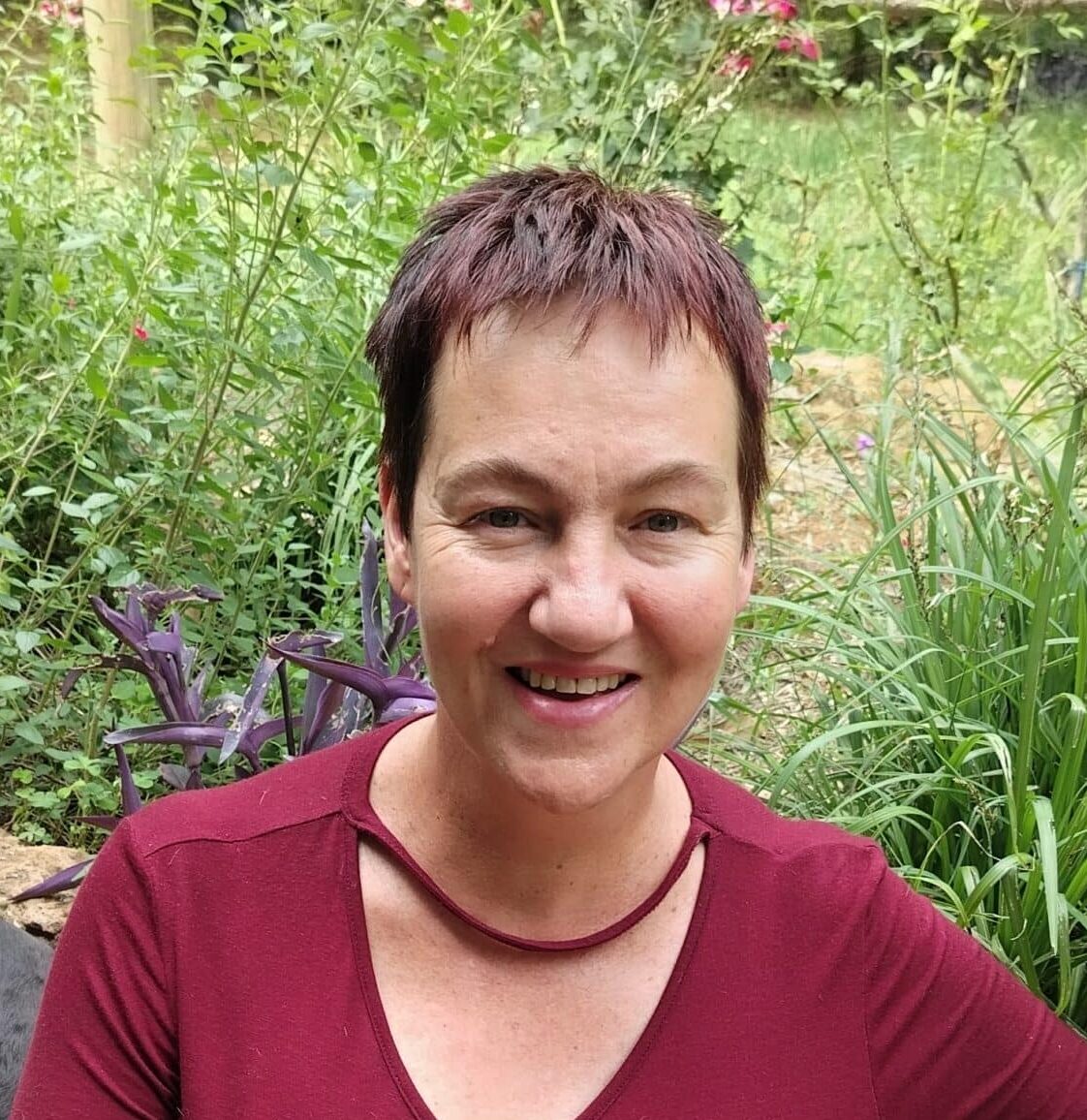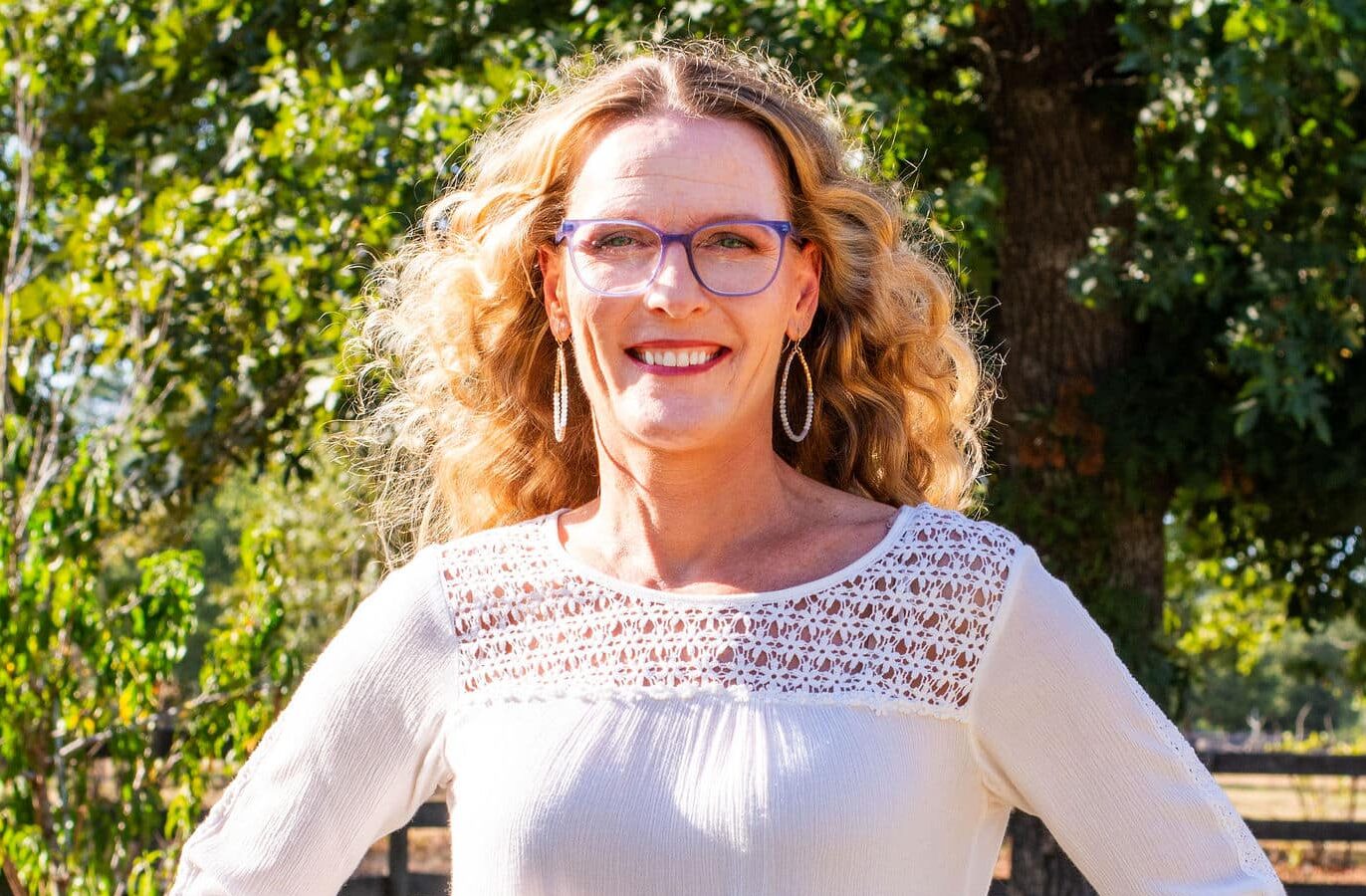How does a coach build rapport and connection with their client early in the coaching relationship? What’s it like to be a client who’s starting to shift their behaviors?
This is episode 3 of our new video series, Functional Medicine Health Coaching LIVE, where Functional Medicine Coaching Academy-trained coaches help real clients start a transformation.
This inside look at the coaching process started with a casting call to our community, looking for clients who wanted to share their coaching journey on video. Real people who were ready to address their chronic health challenges finally responded! We matched them with a coach and filmed their sessions once a week for 6-8 weeks. We’re excited to share the resulting videos with you.
We’re kicking things off with coach Gina and client Amanda’s journey, who met weekly via online video conference for six weeks as Amanda worked through some particularly challenging life events. This is the third episode of their six sessions, and it’s completely unedited to show you what health coaching is really like. (P.S. We piloted the series last spring on YouTube and Facebook Live with our Alumni Program community, so if Gina and Amanda sound familiar, you probably caught them the first time around!)
Recap of Gina + Amanda’s Progress:
Coach Gina and client Amanda have been digging into Amanda’s current state and habits, her goals, and the character strengths she can tap into and find motivation for change. In their previous session, Gina suggested Amanda start keeping a 5 Minute Gratitude Journal as a way to pause and reflect on the goodness in her life.
Gina + Amanda, Session 3:
This week, Amanda finds that her 5 Minute Gratitude Journal helps her look a little closer at her character strengths. Specifically, she’s noticing the strengths that didn’t show up strongly for her in the Via Survey—her “weaker” strengths. Rather than feeling discouraged, Amanda is creating a positive mantra to help her persevere through hard times when those weaker strengths could help her out!
Gina also introduces the Functional Medicine Matrix in this session. A groundbreaking tool from The Institute for Functional Medicine, the Functional Medicine Matrix, focuses on the physiology and function of a client’s clinical imbalances. It helps prioritize the areas of health that need to be addressed in the order they should be addressed under three categories: mental, emotional, and spiritual. Watch the video to see how Gina introduces Amanda to this life-changing tool.
The Self-Compassion tool (found on Self-Compassion.org) also makes its debut in this episode. By using this tool, Amanda will learn to act the same way towards herself when she’s having a difficult time as she acts toward others in her life who are struggling. For example, instead of telling herself, “This is really difficult right now,” she can flip her script and say, “This is really difficult! How can I comfort myself at this moment?” Along with these tools, Gina recommends Amanda check out Self-Compassion.org for more guided meditations and exercises (check them out—you might find something that helps you or your clients!).
Follow up next Monday to see how Amanda is progressing and watch Gina coach her through her Gratitude Journal.
INTERESTED IN FUNCTIONAL MEDICINE HEALTH COACHING?
DO YOU WANT TO BECOME A COACH? OUR HEALTH COACH CERTIFICATION IS FOR YOU! CLICK HERE.
INTERESTED IN BECOMING A CLIENT? CLICK HERE TO FIND THE RIGHT COACH FOR YOUR NEEDS.
ABOUT THE COACHING PROCESS
A Functional Medicine Certified Health Coach (FMCHC) partners with individuals and groups in a client-centered process to support better health. FMCA trains our graduates to work closely with clients around all of the lifestyle factors (sleep/relaxation, exercise/movement, nutrition, stress, and relationships) that influence health. Coaching concepts like motivational interviewing, character strengths, and positive psychology enable health coaches to create the connection, trust, and rapport that facilitate lasting change. The coaching process is successful because it empowers clients to draw on internal strengths, develop self-knowledge, and embrace self-management strategies to make the often-challenging lifestyle changes necessary for optimal health.
An FMCHC’s solid understanding of the foundations of Functional Medicine informs their approach. They are fully trained to utilize many of the resources provided by The Institute for Functional Medicine (IFM), such as the Timeline, Matrix, and Food Plans. Their background in Functional Medicine, combined with their training in positive psychology coaching skills, allows coaches to understand and support clients as they implement Functional Medicine treatment plans into their lifestyles. In this way, coaches move beyond the diagnosis-prescription model to co-create and execute a plan with the client that inspires them to a path of better health. When working under the delegation of the treating practitioner, an FMCHC may be able to provide further assistance related to labs and supplements. An FMCHC does not assess, prescribe, diagnose, treat, or interpret results.




